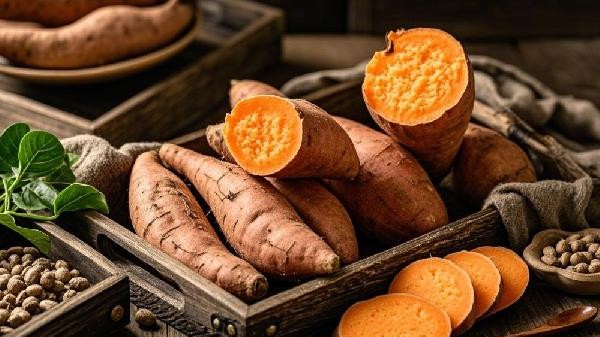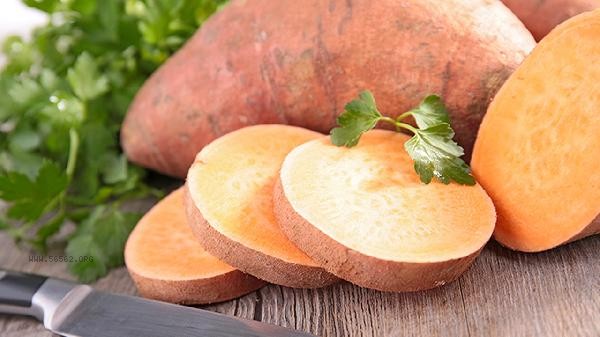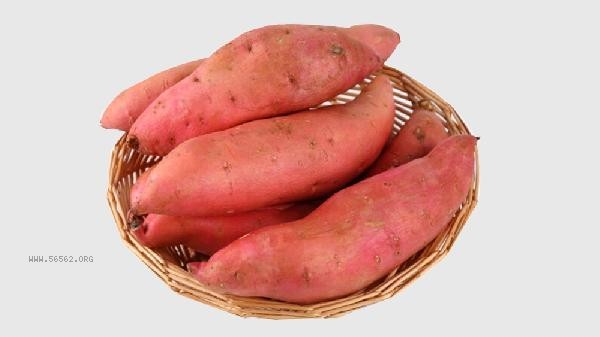Eating sweet potatoes and pumpkins in moderation at night usually does not lead to weight gain, but attention should be paid to the amount and pairing of consumption. Sweet potatoes and pumpkins are rich in dietary fiber and have low calorie characteristics, which can help control weight, but excessive intake or improper combination may increase calorie burden. Sweet potatoes and pumpkins are both low glycemic index foods with high dietary fiber content, which can slow down gastric emptying and increase satiety. Sweet potatoes contain about 86 calories per 100 grams, while pumpkins only have 26 calories, far lower than the calories of refined carbohydrates. The pectin and beta carotene it contains can promote intestinal peristalsis and help eliminate metabolic waste. Choosing low oil cooking methods such as steaming and boiling, avoiding the addition of sugar or oil, as a substitute for some polished rice and white flour as dinner staple, can actually help control total calorie intake throughout the day.

Be cautious of excessive consumption or incorrect pairing. Although both have lower calories, sweet potato starch content is higher, and a single intake of more than 200 grams may exceed the metabolic requirements at night. Pairing with high-fat ingredients such as cheese baked pumpkin and fried sweet potato chips can significantly increase calorie intake. Patients with diabetes need to pay attention to the total amount of carbohydrate in sweet potatoes. In patients with weak gastrointestinal function, a large amount of dietary fiber at night may cause abdominal distension. It is recommended to limit the consumption to fist size and balance nutrition with high-quality protein foods such as eggs and tofu.

It is recommended to partially replace sweet potatoes and pumpkins as the staple food for dinner, prioritize steaming and cooking, and control the single intake within 150 grams. Pay attention to individual digestive reactions, and those with gastrointestinal sensitivity can consume it in the evening. Maintain dietary diversity, pair with green leafy vegetables and low-fat protein, and avoid long-term single intake. Combining moderate exercise to promote metabolism, there is no need to overly worry about the risk of obesity from specific foods. The key lies in the scientific combination of overall dietary structure and calorie balance.









Comments (0)
Leave a Comment
No comments yet
Be the first to share your thoughts!